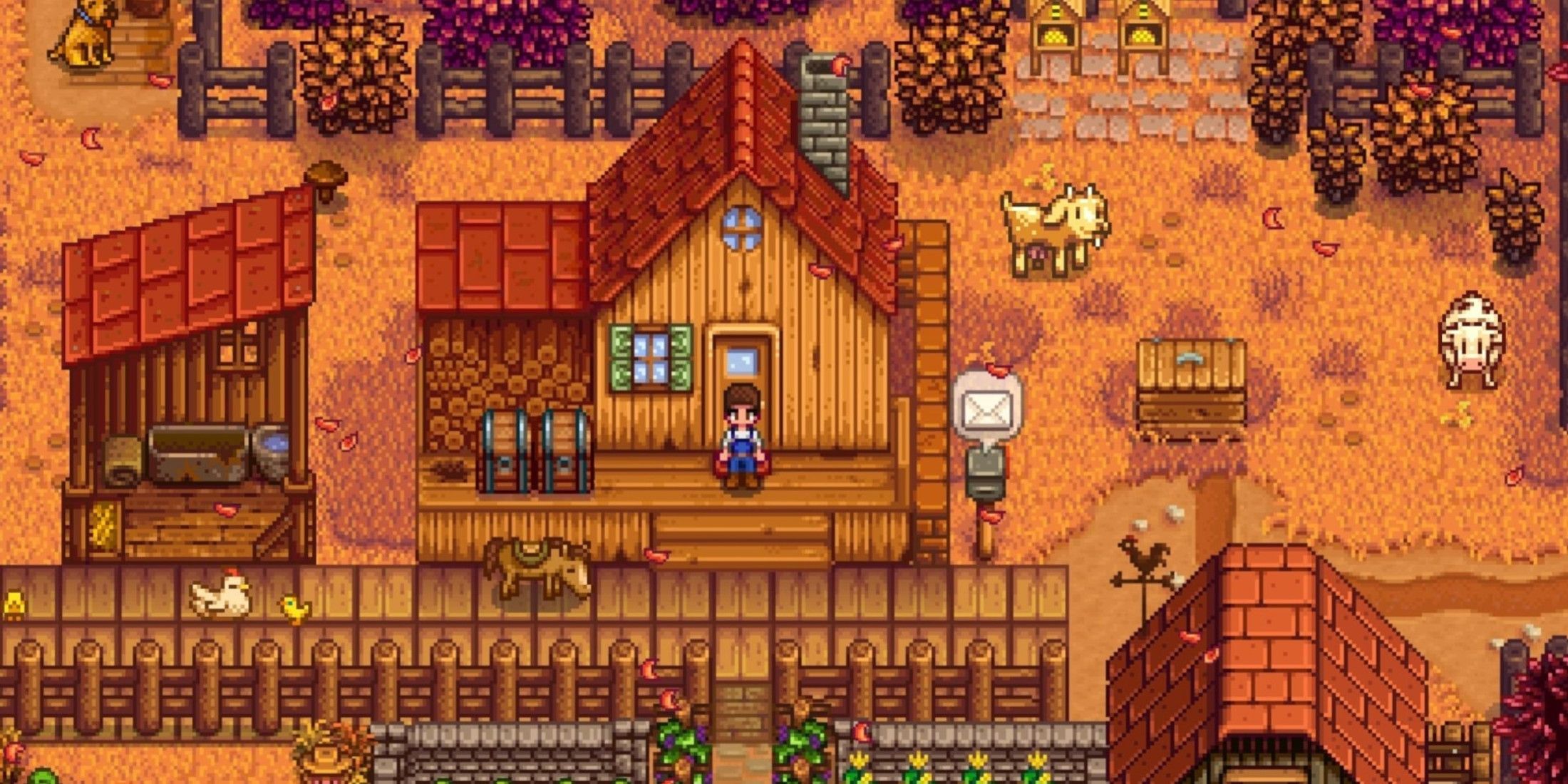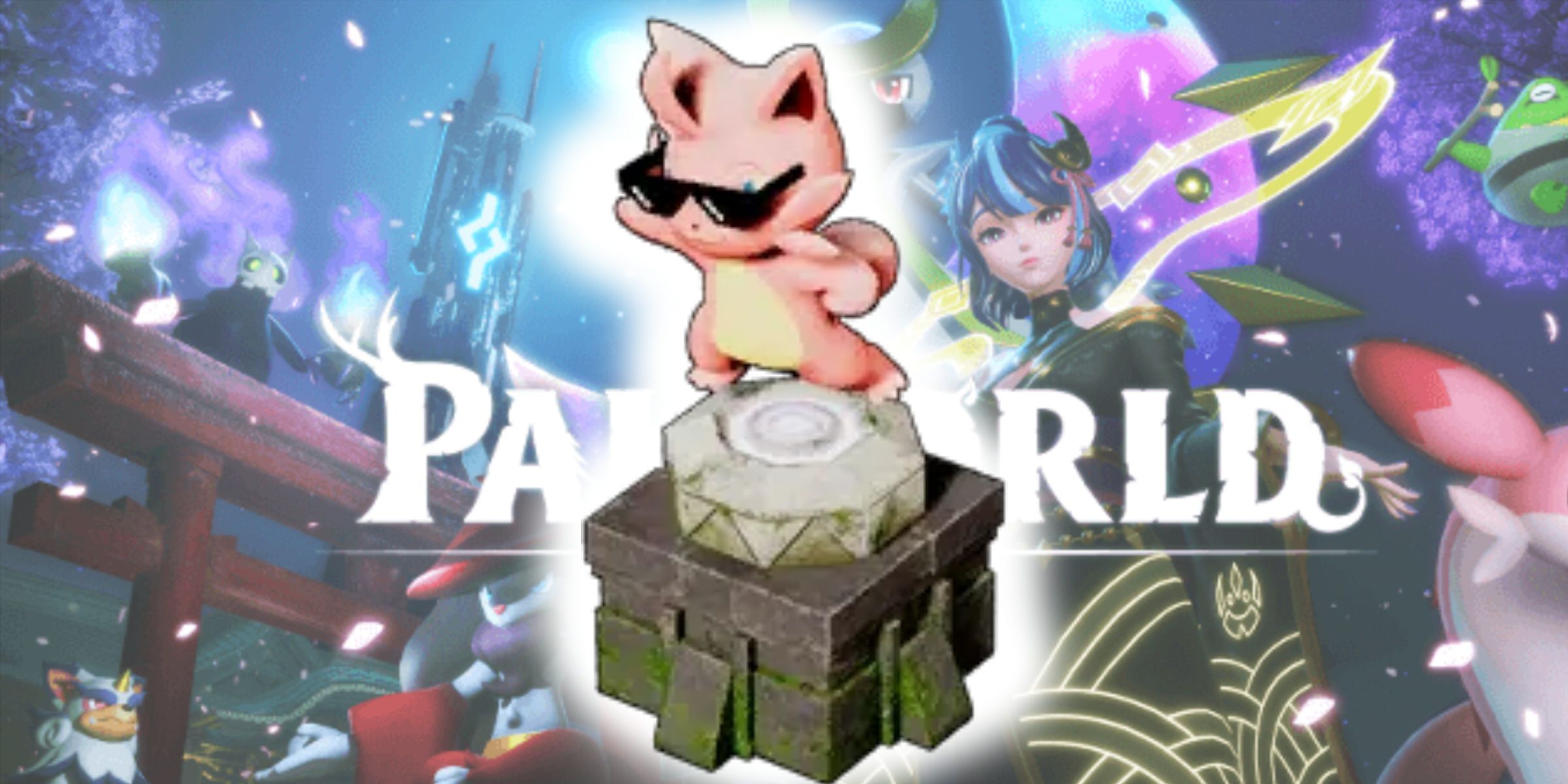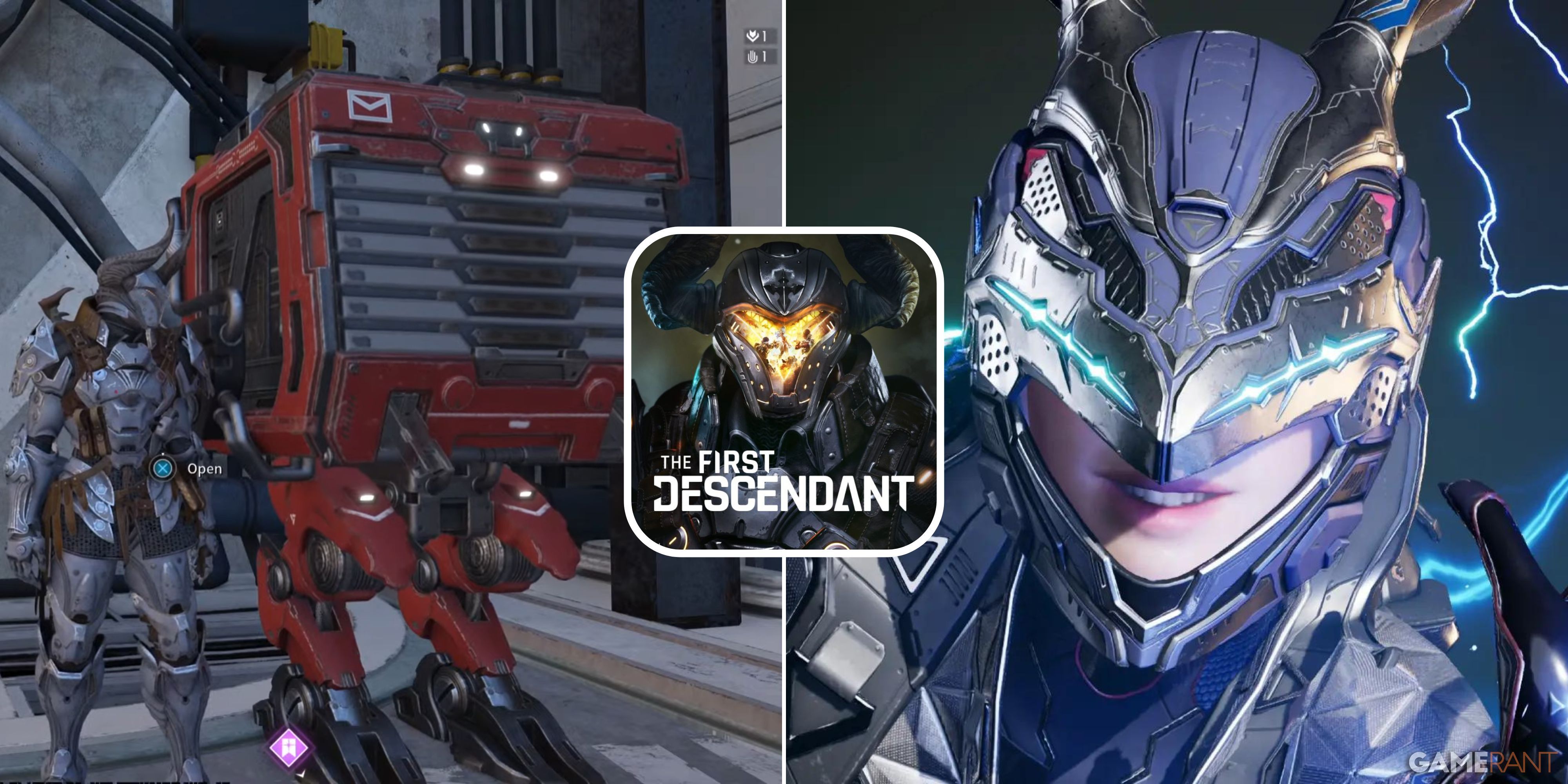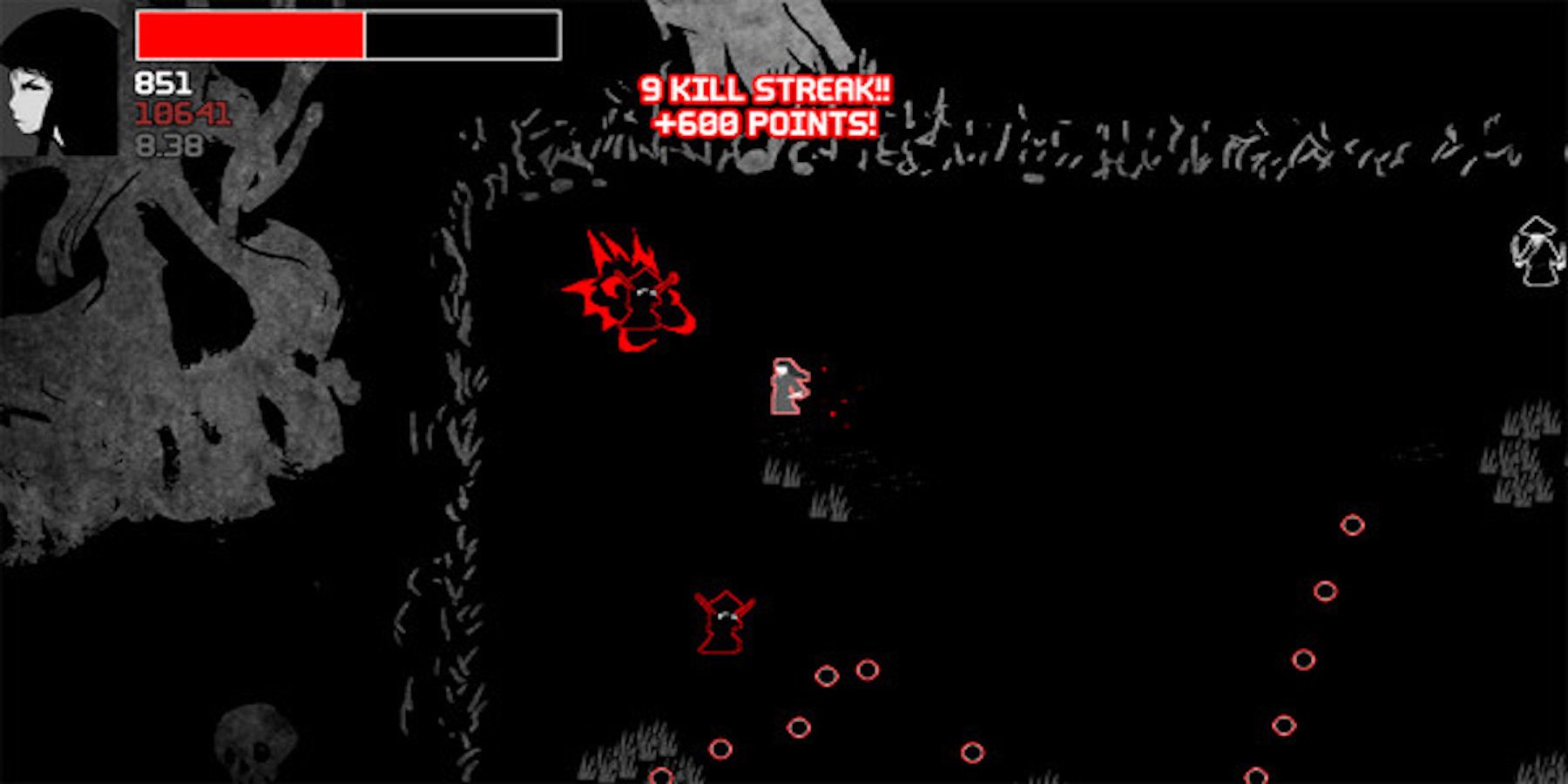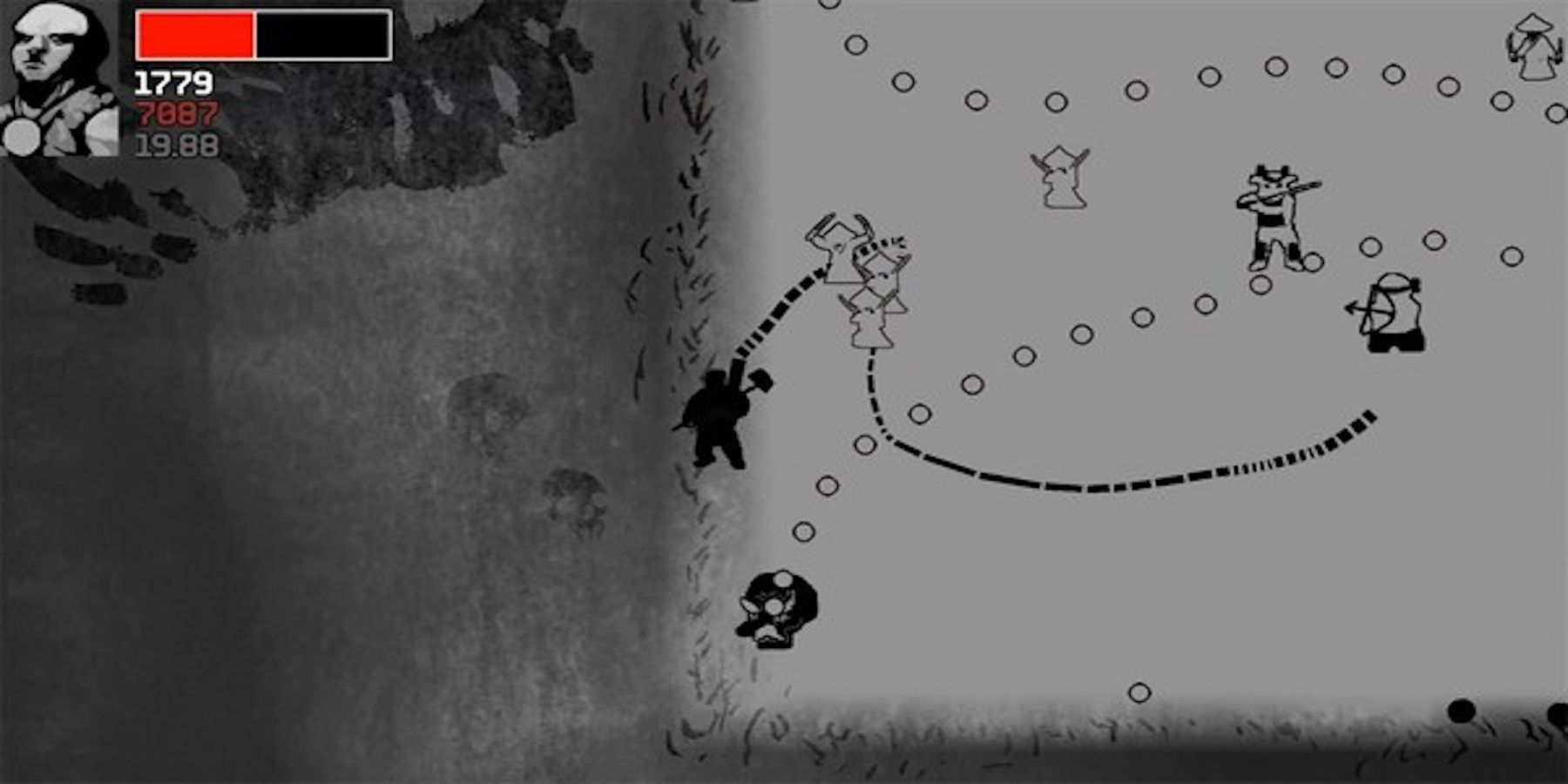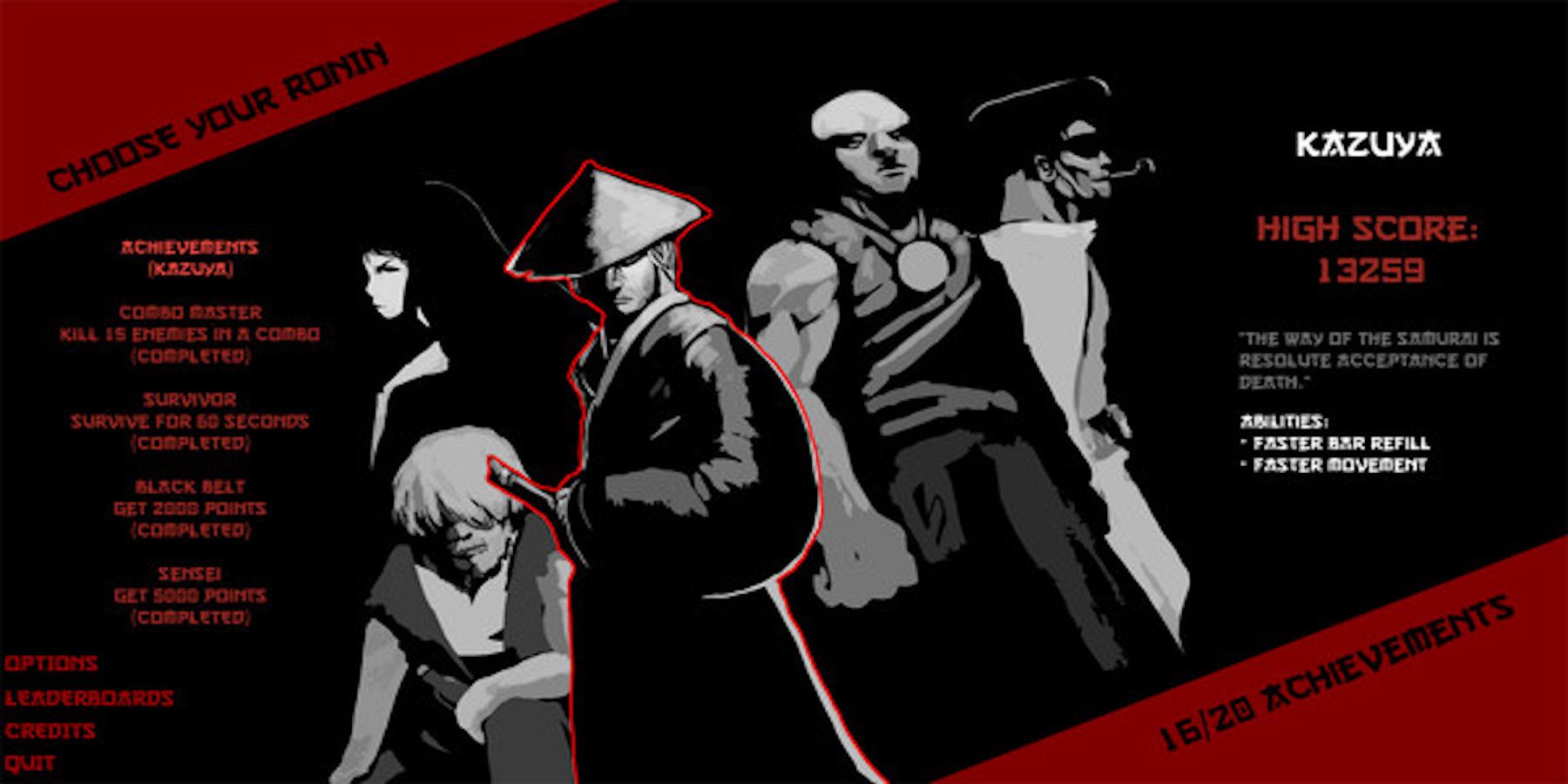In an industry that produces hundreds of new video game titles a year, indie developers have to think about how to set their work apart from the crowd—sometimes by giving their games a unique theme or mechanic to pique the interest of their potential audience. For Brandon Yu, the man behind indie studio Chaoclypse and recent samurai platformerHAYAI, the pursuit of innovative game features is more than just a marketing tactic, though.
Yu, who developed HAYAI in the span of just a few weeks, said his idea developed on the shoulders of several similar concepts. Game ZXC sat down with the Chaoclypse dev for insight into his creative process and how his game ideas go from prototype to final product.
Games Like HAYAI Sprout from Mechanics with ‘Width and Depth,” Yu Said
According to Yu, he didn’t arrive at the central idea for HAYAI — an arena platformer that requires players to quickly draw out attacks using the mouse or a drawing pad — because he thought the concept would be attractive to audiences. “I don’t know if I think about whether something is marketable, but more whether it’s something I'm proud of,” he said. Yu will experiment with different prototype mechanics until he lands on something that he thinks would work well in the context of a full game. “When it really hits is when I find a main mechanic that I can extrapolate on.” A truly good central mechanic, though, is one that Yu thinks will lead to some personal growth, he said.
“It has to have width and depth, is what I’d say — the mechanic needs to have enough to it that I can expand it to a full game, but it also needs to be deep enough to where I can learn a lot from building it.”
As an example, Yu cited a level in his 2022 platformerSkull Chainz, developed around the same time as HAYAI. In that game, he designed an enemy type that could reproduce in the middle of gameplay, doubling the danger for the player character. Another enemy type, he said, could “cannibalize” each other during a stage. “There’s some depth to the combat. The more crazy, the more gonzo, the better,” Yu said.
In HAYAI, Yu played around with different themes and mechanics before he settled on the rapid, mouse-based combat. At first, the game was designed with a mobile port in mind — players controlled projectiles with their fingers. Eventually, though, he scrapped that idea. “I decided that I wanted to make it a little more discreet, a little more analog,” Yu said. “I really love character action games like God Hand and Metal Gear Rising: Revengeance,” he said, “and I really wanted to do something stylish like those games.” Having players draw out attacks was the way to accomplish that.
When Building Indie Games Like HAYAI, Look to Failed Titles
Yu’s experience developing HAYAI was informed by game elements he thought worked well. Just as influential, though, were concepts that didn’t pan out, he said. Yu related two of his own game ideas that never spun out into full games. One, he said, made the player character a frog — players “go around suplexing other frogs.” Another idea that remained on the drawing board was a low-res horror game that was put together somewhat hastily, he said.
Although he’s left a lot of work behind, Yu said he borrows elements from his failed prototypes for future projects. Another important element of his creative development comes from looking at other creators’ work, he said.
“Maybe I'm not in a place to give advice to people, but when people ask me for advice, I usually say that one of the things that people don't tell others to do in game design is look at bad or failed games.”
Just because a game ended up a flop doesn’t mean there’s nothing a developer can learn from the experience, Yu said.“Looking at games that have failed, you might find a mechanic or an idea that’s actually good, but has been badly executed.”
“Nobody really sets out to make a bad game,” Yu said. “But sometimes, an idea fails, and there’s usually a reason why. Those can be, without plagiarizing, obviously, inspiration for your own work.”
HAYAI is available now on PC.

